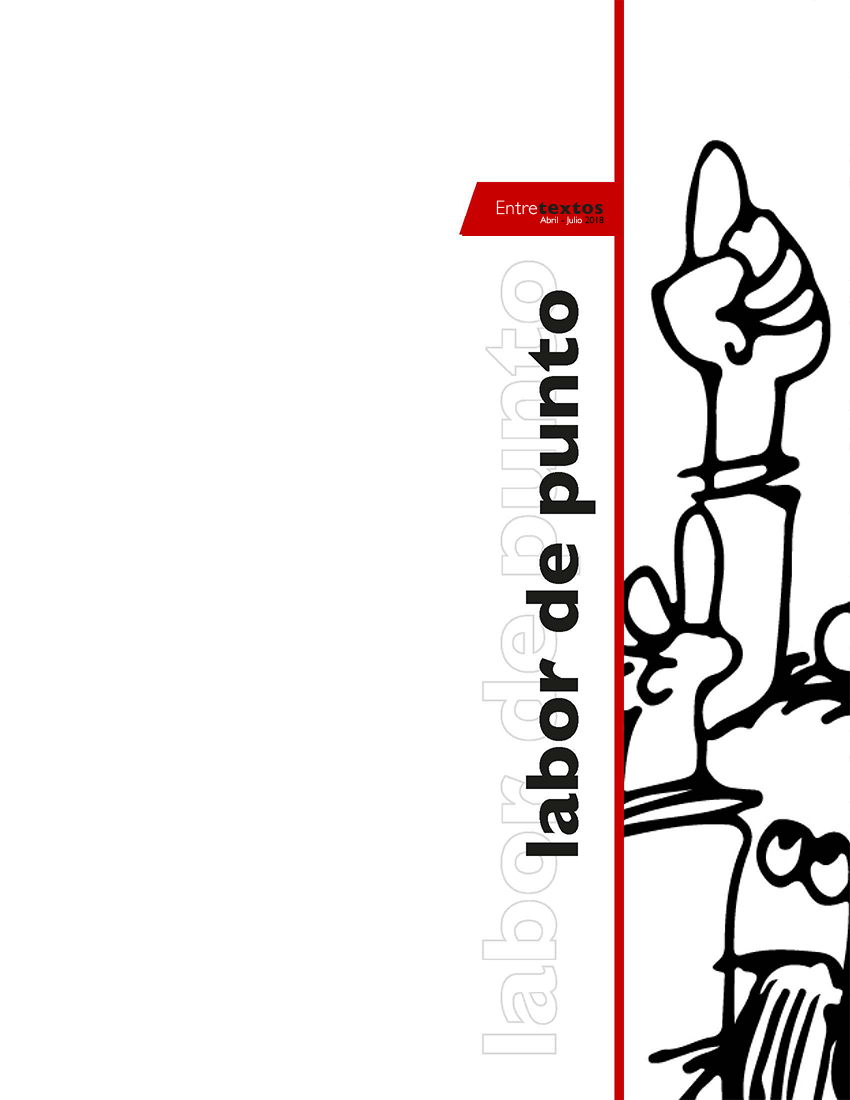Reformulating a model of economic development for Mexico
DOI:
https://doi.org/10.59057/iberoleon.20075316.201828300Keywords:
mínimum wage, inequality, poverty, inflation, NAFTAAbstract
An exclusionary growth model has been operating in Mexico for the last 35 years, supported by a wage policy that has used wages and salaries as an anti-inflationary anchor and as a springboard for export competitiveness, which is, at the same time, backed up by comparatively low wages. The main opposition forces call for a radical change in such a model, described by them as neoliberal; others intend to make the necessary adjustments, without giving up globalization; whilst the dominant forces aim to implement and deepen the structural reforms approved as of 2013 so that the country’s economic development potential can be achieved. Nonetheless, government proposals have not been clearly defined nor set out, whether due to the unavailability of electoral platforms, which are very broad proposals, or the lack of consensus required to formulate a national project, an example of which was once achieved in the past, through the creation of an economic model known as ‘stabilizing development’ (1940-1970). Furthermore, the electoral process of 2018 together with the uncertainty raised by the final results of NAFTA renegotiations, and the implications of the United States fiscal reform, have resurrected the ghost of a crisis that emerges at the end of each presidential term. It is a ghost whom nobody wants to talk openly about, not to invoke it.
Downloads

Downloads
Published
How to Cite
Issue
Section
License
Copyright (c) 2018 Entretextos

This work is licensed under a Creative Commons Attribution-NonCommercial 4.0 International License.




